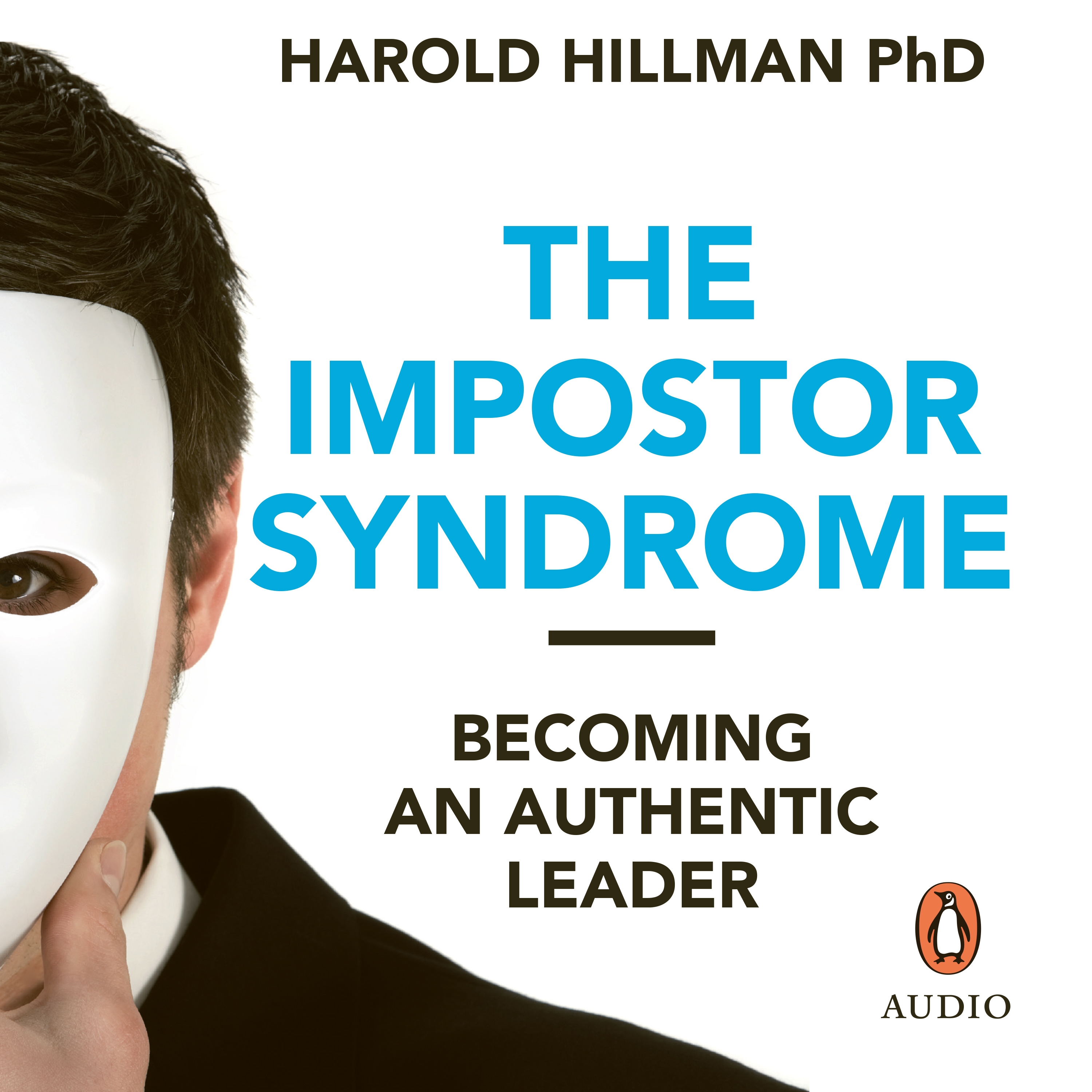In the modern age, people often face internal obstacles that affect their daily lives. Among these, procrastination, emotional dependency, and impostor syndrome are some of the most common challenges. What can you do to break free from these patterns?
This article, we will dive into the causes and solutions these three challenges. By understanding their impact and learning how to tackle them, you can build a healthier mindset and achieve your goals.
Understanding Procrastination and Its Impact
Procrastination refers to postponing important activities even when you are aware of the consequences. It often stems from fear of failure, lack of motivation, or poor time management.

When procrastination sindrome de impostor takes over, can dependencia emocioanl be como saber se eu tenho dependência emocional far-reaching. To combat procrastination requires practicing self-discipline and breaking tasks into smaller steps. Consider techniques like the Pomodoro Technique or setting realistic deadlines to stay on track.
The Nature of Emotional Dependency
Emotional dependency is a state where a person depends excessively on external relationships to fulfill their emotional needs. While human connection is essential, emotional dependency can become unhealthy when self-esteem is tied solely to others’ approval.

Common signs of emotional dependency include a fear of rejection, difficulty making decisions independently, and an overwhelming need for reassurance. Breaking free from this pattern, it’s crucial to build self-confidence and cultivate self-reliance. Therapy, mindfulness practices, and journaling can provide significant support.
What is Impostor Syndrome?
Impostor syndrome is the persistent belief where someone feels like a fraud despite evident success. Those affected often attribute their achievements to luck rather than skill or effort.

This mindset can lead to anxiety, self-doubt, and a fear of being “exposed”. Addressing this issue involves challenging self-critical beliefs and acknowledging personal successes. Seeking feedback from trusted peers and setting realistic expectations can also help you build confidence.
Steps to Overcome Procrastination, Emotional Dependency, and Impostor Syndrome
To navigate these issues, consider the following strategies:
- Develop structured daily plans and set achievable goals.
- Build self-awareness to identify patterns of emotional dependency and work towards independence.
- Acknowledge your strengths regularly and consider therapy or coaching.
Long-term improvement requires persistence, so stay committed to these approaches to see positive changes.
Conclusion: Taking the First Step
Procrastination, emotional dependency, and impostor syndrome may seem daunting, but they are manageable with the right strategies. By understanding their roots and applying effective techniques, you open the door to personal growth.
Start today by acknowledging where you stand and adopting simple, actionable strategies. Always keep in mind: progress is a journey, not a destination.